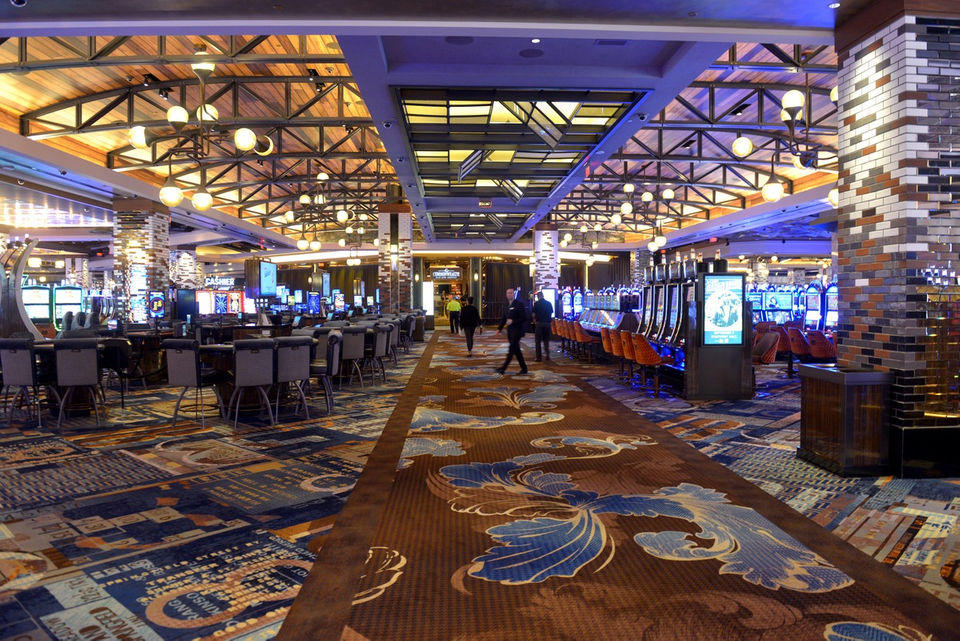‘GameSense’ Aims To Help Gamblers Understand The Odds Stacked Against Them
As MGM opens in Springfield, regulators and casino operators are required to make sure problem gamblers have access to help. There’s a new program called GameSense they hope will fulfill that promise.
Research shows that when a new casino comes to town, there’s often a spike in the number of people who develop a gambling addiction. Massachusetts legislators took that into account when they wrote the 2011 law permitting casinos in the state.
That’s why, just a few blocks from where MGM was set to open on August 24, psychologist Lori Rugle was running a GameSense training in downtown Springfield.
Six workers were spending hours a day there, several of them former casino employees.
Israel Rosario, for instance, said he worked at the Mohegan Sun casino.
“I started in security, customer service, then table games,” he said.
But in this job, these workers won’t run any games. They’re hired as gambling “advisors” in the GameSense program.
“I saw the opportunity of staying in the casino, different angle,” Rosario said.
State law requires that all casinos make space, on-site, for an independent body that can address problem gambling.
So the state gaming commission hired the Massachusetts Council on Compulsive Gambling to find one – and they chose GameSense.
It was developed in Canada, and made its U.S. debut at the slots parlor in Plainville, Massachusetts.
Although the law actually states that there should be a mental health counseling service in the casino, Rugle doesn’t describe GameSense that way.
“The GameSense advisors are really designed not to be counselors at the casino, but to be a friendly person who can relate to customers within a gambling setting,” Rugle said. “Empathic and non-judgmental, and just being someone you can feel comfortable talking to if you don’t understand how the game is working.”
This may sound like part of the marketing plan, but gambling regulators consider it an addiction prevention program.

